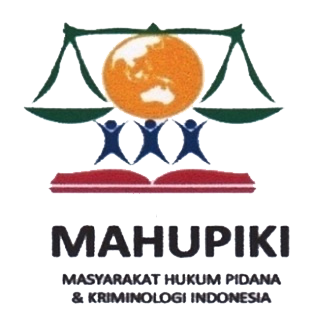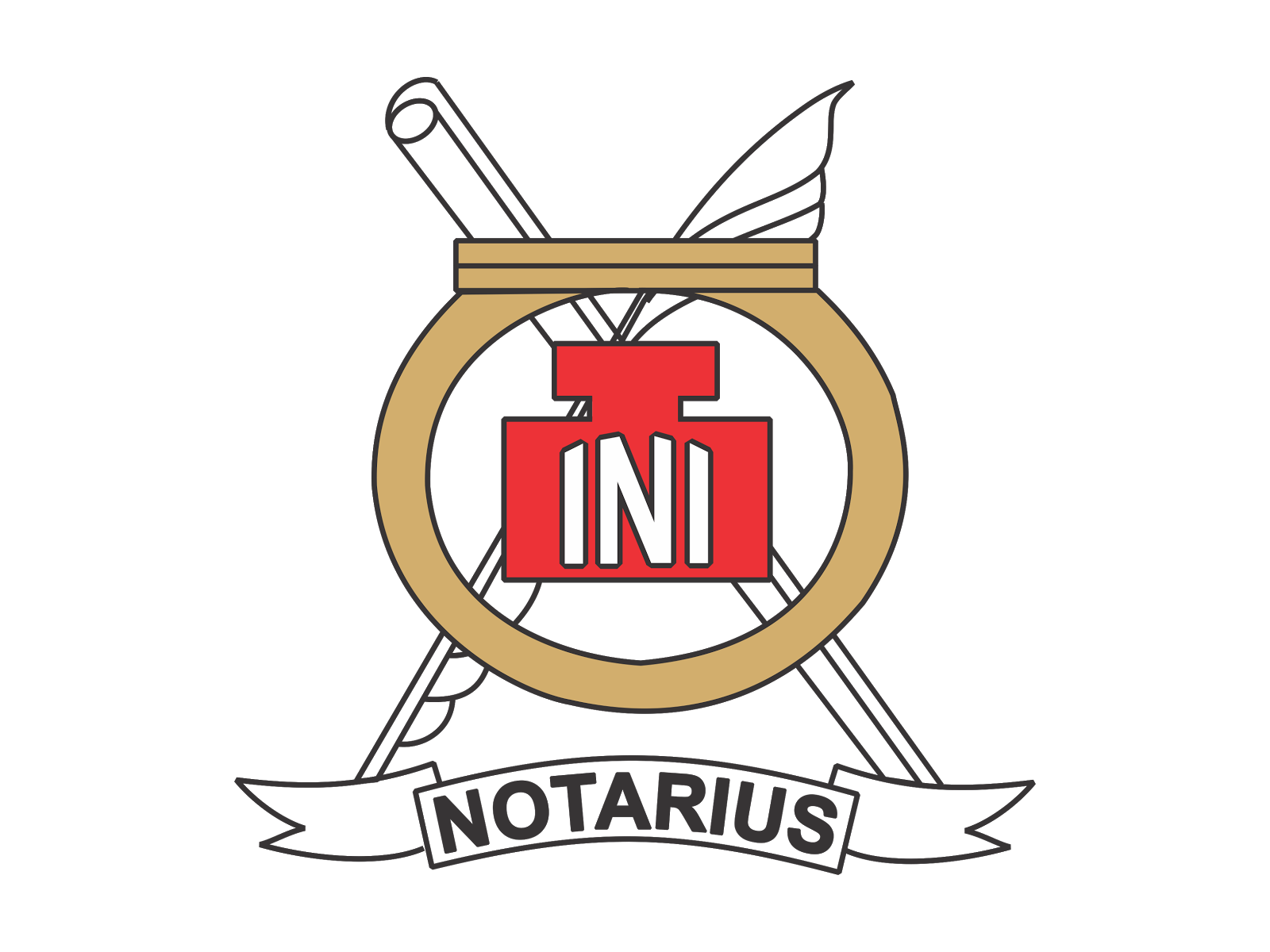PRAKTIK ILLEGAL FISHING DI PERAIRAN INDONESIA SEBAGAI TRANSNATIONAL ORGANIZED CRIME (STUDI KASUS KAPAL RUN ZENG DI LAUT ARAFURA)
DOI:
https://doi.org/10.35586/jhs.v4i1.9763Keywords:
Penangkapan Ikan Ilegal, Kejahatan Lintas Negara, Kejahatan PerikananAbstract
As one of the largest archipelagic countries in the world with a larger marine area than its land, Indonesia has abundant potential for marine resources. For example, the Arafura Sea has the highest fisheries potential compared to other Indonesian waters. However, this also increases the potential for fisheries crimes that threaten the security of Indonesian waters, such as illegal fishing. The method used in this research is juridical-normative, or what is commonly called doctrinal legal research with case studies to be analyzed. This research also uses a statute approach and historical approach. The results obtained from this research are that the practice of illegal fishing is classified as a transnational organized crime, and analysis is carried out on cases that occur in the Arafura Sea as a real example. The practice of illegal fishing is regulated through UNCLOS, which is the international legal basis for marine management. This practice has significant implications, not only on the economy but also the sustainability of Indonesia's marine ecosystem. Enforcement is carried out through the sinking and burning of foreign vessels proven to have violated the law and the establishment of Task Force 115 as an effort to deal with illegal fishing. In addition, international collaboration and cooperation between countries is needed to minimize the practice of illegal fishing.
References
Ambari, M. “Masih Terjadi, Ini Dampak Negatif Dari Praktik IUU Fishing.” Last modified March 12, 2020. Diakses pada November 25, 2024. https://www.mongabay.co.id/2020/03/12/masih-terjadi-ini-dampak-negatif-dari-praktik-iuu-fishing/
Badan Pusat Statistik. “Statistik Sumber Daya Laut Dan Pesisir 2023.” Last modified 2023. Diakses pada November 23, 2024. https://www.bps.go.id/id/publication/2023/11/30/45b0e0c30911979641959fe5/statistik-sumber-daya-laut-dan-pesisir-2023.html
Benuff, Kornelius, Azhar, Muhamad. “Metodologi Penelitian Hukum Sebagai Instrumen Mengurai Permasalahan Hukum Kontemporer.” Gema Keadilan 7, no. 1 (April 1, 2020): 20–33. https://doi.org/10.14710/gk.2020.7504
Chapsos, Ioannis, Hamilton, Steve . “Illegal Fishing and Fisheries Crime as a Transnational Organized Crime in Indonesia.” Trends in Organized Crime 22, no. 3 (2019): 2-3. https://doi.org/10.1007/s12117-018-9329-8
Food and Agriculture Organization of the United Nations. “MMAF and FAO Commits to Improve Marine Ecosystems.” Last modified 2019. Diakses pada November 23, 2024. https://www.fao.org/indonesia/news/detail-events/en/c/1184212/
Jaelani, Abdul Qodir. "Illegal Unreported and Unregulated (IUU) Fishing: Upaya Mencegah dan Memberantas Illegal Fishing dalam Membangun Poros Maritim Indonesia." Supremasi Hukum: Jurnal Kajian Ilmu Hukum 3.1 (2014): 176-177.
Jamilah, Asiyah, and Hari Sutra Disemadi. “Penegakan Hukum Illegal Fishing Dalam Perspektif UNCLOS 1982.” Mulawarman Law Review 5 (1) (June 30, 2020): 29–46. https://doi.org/10.30872/mulrev.v5i1.311
Lazuardi Loqman Ar Rahman, Anak Agung Banyu Perwita, and Agung Rishdianto, "Strategi Diplomasi Pertahanan Maritim Dalam Mengatasi Praktek Illegal, Unreported, and Unregulated Fishing Perairan Indonesia," Jurnal Kewarganegaraan 8, no. 1 (2024): 4.
Maryani, Halimatul, Nasution, Adawiyah. “Rekonsepsi Model Pemberantasan Illegal Fishing Di Perairan Indonesia (Analisis Perspektif Hukum Internasional).” Jurnal Legislasi Indonesia 16, no. 3 (2019): 383.
Muhaimin, Metode Penelitian Hukum. Mataram: Mataram University Press, 2020
Peraturan Menteri Kelautan dan Perikanan (PMK) Nomor 37 Tahun 2017 Pasal 2 tentang Standar Operasional Prosedur Penegakan Hukum Satuan Tugas Pemberantasan Penangkapan Ikan Secara Ilegal (Illegal Fishing).
Ranu Samiaji. “Harmonisasi Kewenangan Lembaga Negara Dalam Menanggulangi Tindak Pidana Illegal Fishing Di Perairan Indonesia”. Brawijaya Law Student Journal, (2015): 13.
Sefriani. HUKUM INTERNASIONAL: SUATU PENGANTAR . Depok: Rajawali Pers, 2016.
Tayan, Widia Grace, et al. "Efektivitas Unclos Ditinjau Dari Kasus Illegal Fishing Di Laut Natuna (2012-2021)." WISSEN: Jurnal Ilmu Sosial dan Humaniora 2.3 (2024): 183-200. https://doi.org/10.62383/wissen.v2i3.182
Undang-Undang (UU) No. 45 Tahun 2009 Perubahan Atas Undang-Undang Nomor 31 Tahun 2004 Tentang Perikanan
Vince, Joanna, Britta Denise Hardesty, and Chris Wilcox. "Progress and challenges in eliminating illegal fishing." Fish and Fisheries 22.3 (2021): 519-520. https://doi.org/10.1111/faf.12532
Wijayanti, Punik Triesti, Dhea Putri Sri Wahyuniarti, and Riska Andi Fitriono. “Tindak Pidana Illegal Fishing Di Perairan Natuna Dalam Perspektif Kriminologi.” Aksiologi : Jurnal Pendidikan dan Ilmu Sosial 2, no. 1 (October 13, 2021): 16–23. https://doi.org/10.47134/aksiologi.v2i1.57
Downloads
Published
How to Cite
Issue
Section
License

This work is licensed under a Creative Commons Attribution-ShareAlike 4.0 International License.
Authors who publish with this journal agree to the following terms:
- Authors retain copyright and grant the journal right of first publication with the work simultaneously licensed under a Creative Commons Attribution-ShareAlike 4.0 International License that allows others to share the work with an acknowledgement of the work's authorship and initial publication in this journal.
- Authors are able to enter into separate, additional contractual arrangements for the non-exclusive distribution of the journal's published version of the work (e.g., post it to an institutional repository or publish it in a book), with an acknowledgement of its initial publication in this journal.
- Authors are permitted and encouraged to post their work online (e.g., in institutional repositories or on their website) prior to and during the submission process, as it can lead to productive exchanges, as well as earlier and greater citation of published work (See The Effect of Open Access).
Jurnal Statuta have CC-BY-SA or an equivalent license as the optimal license for the publication, distribution, use, and reuse of scholarly work.
In developing strategy and setting priorities, Jurnal Statuta recognize that free access is better than priced access, libre access is better than free access, and libre under CC-BY-SA or the equivalent is better than libre under more restrictive open licenses. We should achieve what we can when we can. We should not delay achieving free in order to achieve libre, and we should not stop with free when we can achieve libre.
You are free to:
- Share — copy and redistribute the material in any medium or format
- Adapt — remix, transform, and build upon the material for any purpose, even commercially.
The licensor cannot revoke these freedoms as long as you follow the license terms.

Jurnal Statuta licensed under a Creative Commons Attribution-ShareAlike 4.0 International License.











